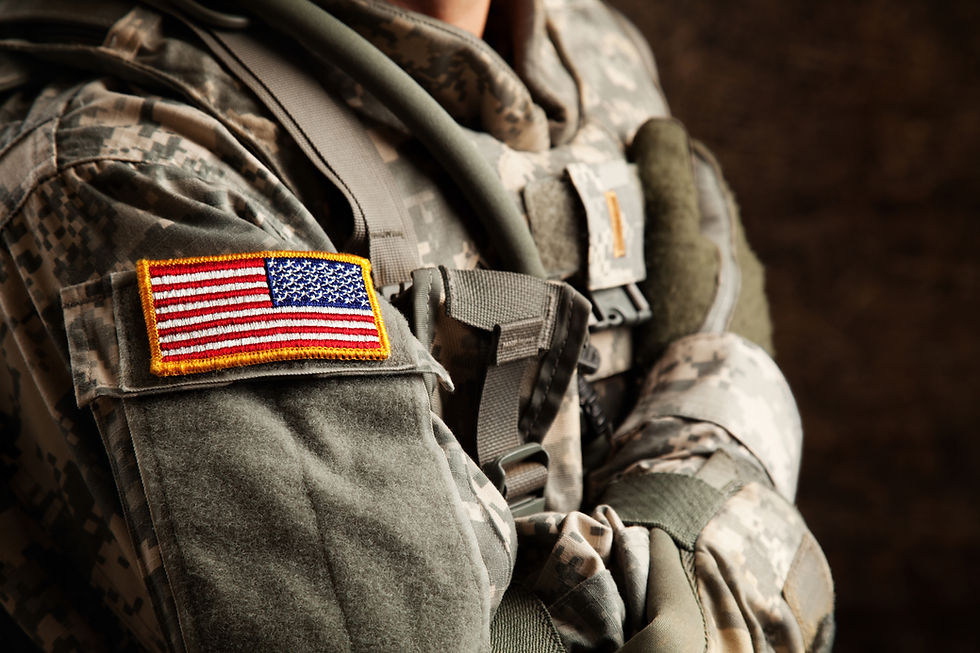Will Your Team Rise to the Occasion?

Almost every world-class, high-performance organization takes training and education seriously. But Navy SEALs go uncomfortably beyond. They’re obsessed. Which is why they are the best in the world at what they do.
The SEALs can’t afford not to be...
The SEALs have a Mantra:
“Under pressure, you don’t rise to the occasion... ...you sink to the level of your training.”
Brandon Webb, an innovative SEAL trainer/educator, and CEO of Hurricane Media, served in the Navy from 1993 to 2006 and radically redesigned the SEAL training curriculum, effecting a training transformation. The SEALs leadership recognized that technical excellence (better shots), didn’t go far enough in addressing the complex environments and demands that would be made upon their teams in wartime. The wartime challenge demanded better collaboration, greater situational awareness and more strategic application of cutting edge technology available to the SEALs. In response, Webb broke the larger groups into pairs, boosted support and accountability, created classes that explore and explain technologies giving participants greater insight into their equipment, and he adopted the “mental management” techniques of Olympic world-champion marksmen - all of which we were at first reluctantly but then enthusiastically embraced. He accomplished this by drawing from many diverse areas outside the military: “We took best practices from teaching, professional sports, and Olympic champions, and we made our course one of the best in the world in a very short period of time…” Webb noted. “We re-wrote the entire curriculum and saw our graduation rate go from 70% to 98% almost instantly, and hold there…”

// 4 Transformational Training Themes //
1. Produce Excellence, Not “Above Average” Serious organizations don’t aspire to just be comfortably above average. "I honestly don’t even want to focus on good or competent." Webb wrote, "'Aim high, miss high,' and you can quote me on that." Reflection Question: Do you bring YOUR BEST, to bring out the best in your team? 2. Incentivize Excellence Not Competence This links directly to his second theme around “getting the incentives right.” Even if the training itself is world-class, organizations need recognition and rewards systems that explicitly acknowledge and promote excellence. Getting better at getting better is a vital leadership principle for learning organizations. Incentives aligning and facilitating accountability improved the entire organization, not just the trainees. Reflection Question: How are you celebrating what you want to be repeated? 3. Incorporate New Ideas from the Ground Successful training must be dynamic, open and innovative. Ongoing transformation—not just incremental improvement—is as important for trainers as trainees. “We actively sought out "front line" knowledge from the SEALs who were returning from places like Iraq, and Afghanistan. If important enough, we could make the change within weeks. That’s how fast we could adapt our course curriculum and see improvements.” Reflection Question: How are you regularly getting feedback from your team? 4. Lead by Example The most important training behavior a leader can demonstrate, is leading by example. Whether your organization cares about innovation, transforming customer service, or being data-driven, the leader’s example always matters. “Leading by example means never asking your team to do something you aren’t willing to do yourself,” Webb writes. “This can’t be faked, do it right and your team will respect you and follow you. Don’t do this, especially in a SEAL team, and you are doomed as a leader.” Reflection Question: If everyone executed their roles exactly at your level, how would your team perform? The level of motivation, dedication, and self-sacrifice the SEALs demand from themselves and each other goes far, far beyond what most organization should ever ask, let alone expect, from their people. But that said, for leaders and managers who truly care about their people and their customers, the SEALs training template deserves to be taken seriously. - When you stepped into you leadership role, what training did you receive? - Are you hoping things are being picked up by osmosis rather than creating clear and compelling training incentives? - Where have you settled for “good enough?” - In what areas does your team need some training this season?
(This article adapted "How The Navy SEALs Train for Leadership Excellence," by Michael Schrage)




